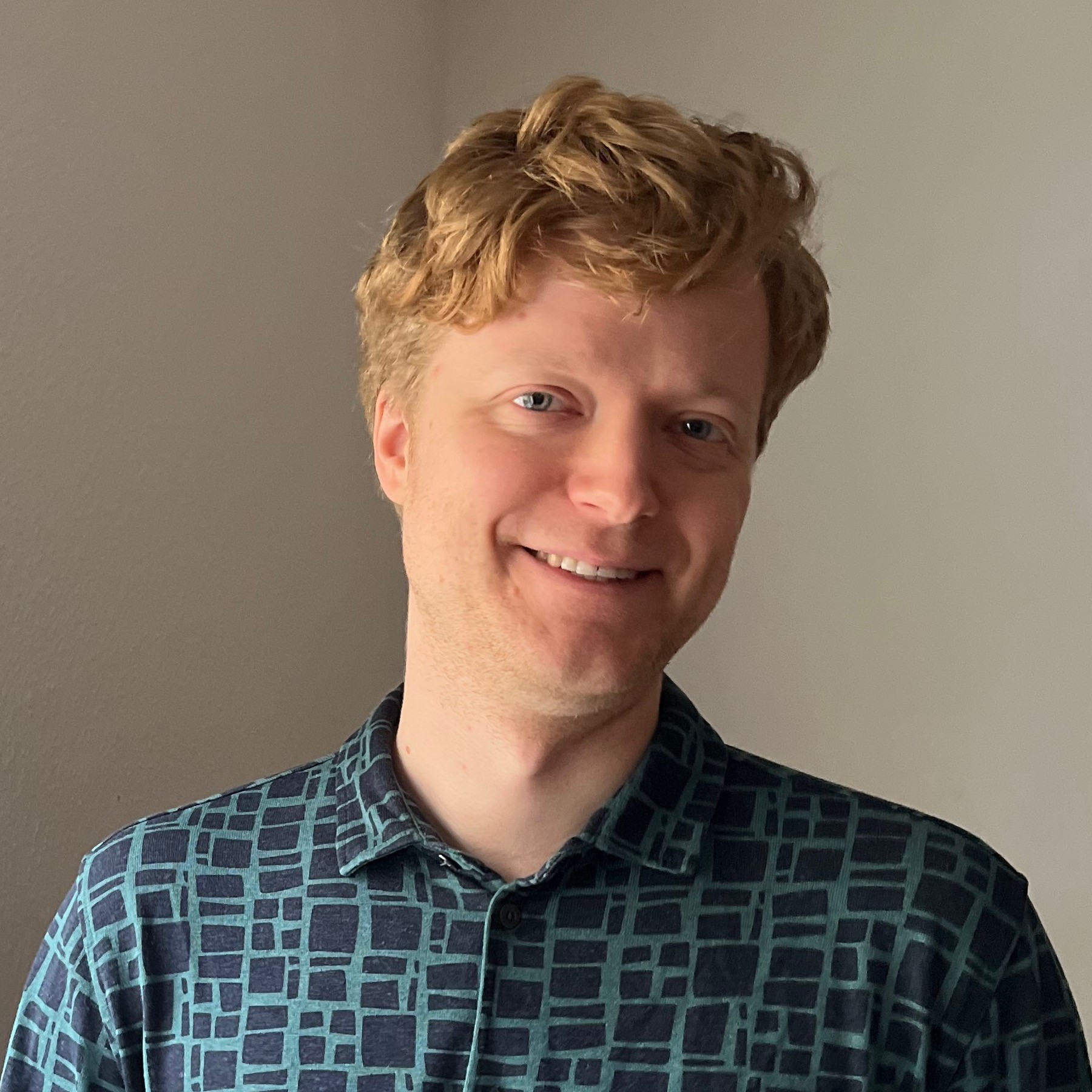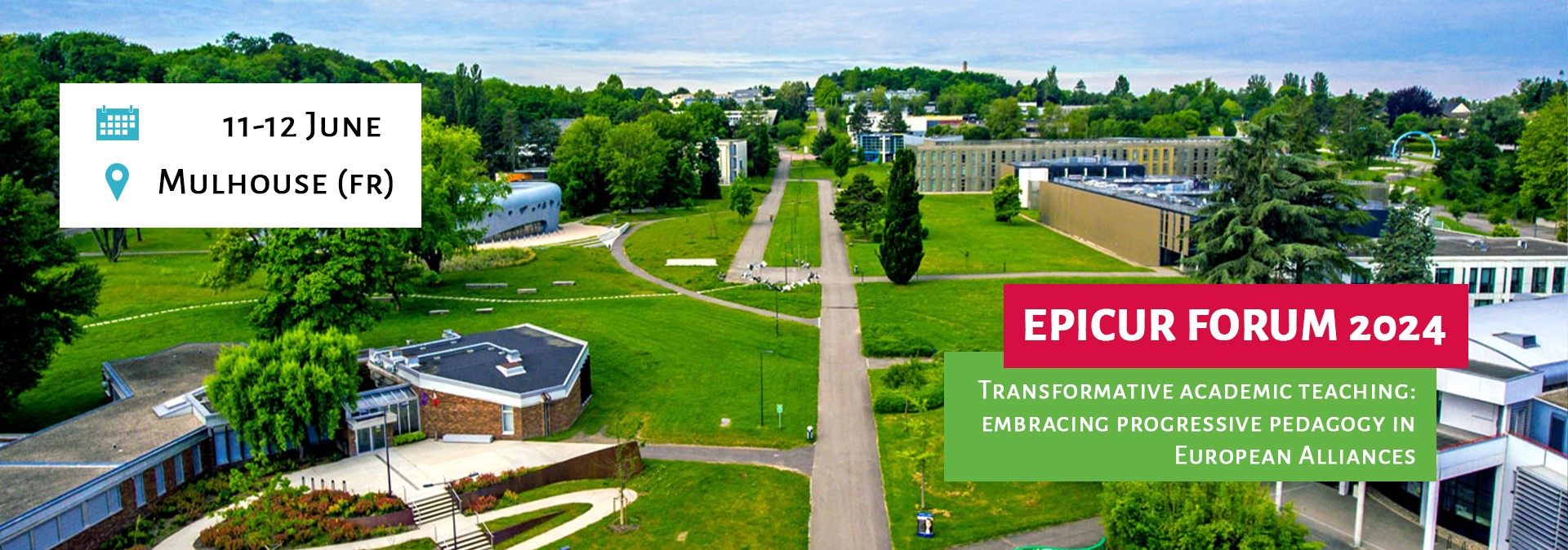
Newsletter February 2024: A Look at the Development within the Field of AI and the Pedagogical Opportunities and Challenges
A lot has happened in the field of AI since ChatGPT became available in November 2022. In this newsletter, we will revisit AI, looking at what has generally happened in the field of generative AI and how we can continue to use some of these tools for teaching.
The development in the field of AI is faster than previously expected
It is not entirely surprising that technological development is faster than expected, and perhaps especially not within the field of AI. In a recently published survey from October 2023 (2023 ESPAI), answered by 2778 researchers who have published articles in highly respected journals within the field of AI, respondents were asked to give their estimates on how AI within a range of areas will develop and at some point, achieve competencies equivalent to a human level, or better. An example in this context could be an AI Researcher. These answers, compared with the answers to the same questions from August 2022 (2022 ESPAI), suggest that development is significantly faster than previously expected, this applies within all the categories asked, some however significantly more than others. For example, it is expected by the survey's respondents, that the limit for a 100% AI generated publication on New York Times’ bestseller list has moved by almost ten years. So this should be a possibility already in 2030 and not in 2040 as assumed in 2022. While an AI Researcher is only expected to be a reality around 2050, however moved closer by about 10 years. The respondents themselves in the survey also express being somewhat concerned about this development, especially in relation to how generative AI can be used to manipulate and spread misinformation (Grace et al., 2024).
With the emergence of ChatGPT at the end of 2022, it is not so surprising that the time limit for a 100% AI generated publication on New York Times’ bestseller list has moved so significantly from 2022 to 2023. Especially not when you look at how the development within this area of AI, the generative AI language models (LLM), is progressing. The first broadly accessible LLM, GPT-3, which was launched by OpenAIand in itself was very groundbreaking, was followed in the spring of 2023 by GPT-4, which in addition to being online and not only building on historical data. GPT-4 can of course do even more, is even better and even faster, and is still being developed and optimized (OpenAI, 2023).
Mollick (2023) conducted in March 2023 an experiment of how much he could do with various GPT-4 based generative AI tools in 30 minutes, based on a business-oriented case. He got an email containing an overall marketing strategy, a website with pictures, a SoMe strategy, with accompanying posts for the different platforms, and a marketing video, and the quality was, according to Mollick's own statement, relatively reasonable. In itself an impressive achievement, but even more impressive is what he almost a year later, with the latest tools, among others Microsoft copilot, generates in under a minute. It is for example a PowerPoint presentation, with notes, based on an AI generated business case about Tesla, a full teaching plan in Word for six teaching sessions on entrepreneurship, including lesson overview, learning objectives and tasks, and a market survey on Virtual Reality formulated by copilot in the Edge browser (Mollick, 2024).
A small look at the area within AI generated images and videos also underlines why there, as mentioned earlier, not at least among professionals is a growing concern. With OpenAI's latest addition, Sora, it is now possible to make 100% AI generated videos from entered text. However, the technology is still in its infancy and still makes a number of recognizable errors with for example hands and general physical laws, but it has been seen before in the beginning with AI generated images of for example the pope in a duvet jacket. So, it is probably just a matter of time, before the technology is optimized, as is the case for the other tools. Sora has not been released to ordinary users, as OpenAI is trying to incorporate some safety measures before this happens.
The e-learning course An online basic introduction to generative AI - opportunities and limitations provides a basic introduction to what generative AI is (and isn't) and an understanding of what it can (and can't) do (for all employees considering using generative AI).
Pedagogical Opportunities and Challenges
Overall, a fascinating technological development, which in relation to teaching provides a wide range of challenges, including significant challenges in relation to academic integrity, ethics, access to technologies, bias in the AI generative models and not at least examination (The Future of AI in Higher Education, n.d.). In March 2023 we published a newsletter on these topics focusing on Teaching and learning with AI, and the challenges dealt with at that time are certainly no less relevant, in that the tools have become significantly better and more accessible - also for the students who in a way now have a "scientific assistant" right at hand. This can be a pitfall for some students, while for others it can be an invaluable helper.
The workshop Re-design af eksamensspørgsmål til mere generative AI-resistente udgaver offered by SDU UP provides teachers inspiration on how to assess and redesign exam questions with generative AI in mind (the workshop is for groups of teachers from the same faculty).
Since March 2023, however, a lot has happened in relation to the opportunities and any software company with an amount of self-respect, as well as a forest of startups, now focusing on how AI can be used within an existing or new niche of teaching activities. In addition to the previously described activities for content generation and the directly integrated assisting tools in standard products like copilot to Microsoft 365 Copilot and Google's Gemini. There are for example also a wide range of products for help with academic writing such as Grammarly, an old acquaintance now with AI, and Sourcely that can give references from a given text. In a slightly different area, we have tools like NVivo for analysis of qualitative interviews, now also with AI, and scite.ai for literature search, for which SDU actually has a license - but no data processing agreement with. An exciting product that also deserves to be mentioned is Sourcer, which can be extremely useful for source criticism of news articles, a field we are some who look forward to being further developed. Digital literacy and thus also the preparation of the students for a working life with the use of AI should be thought into the teaching (The Future of AI in Higher Education, n.d.).
As a teacher, it will, in addition to the previously mentioned tools, also be obvious to look at some of all the new, or old – now with AI, tools for example for feedback activities and automatic corrections, like KEATH.ai, FeedbackFruits, which are now implemented on itslearning, however without AI functions, or Graide with a mathematical focus, just to name a few.
The workshop Kom godt i gang med brug af generative AI-værktøjer til planlægning af din undervisning og vejledning offered by SDU UP aims to make it easy and appealing for teachers to start using generative AI tools in their teaching and supervision (the workshop is for groups of teachers from the same faculty).
Remember SDU's Guidelines concerning security, copyright etc.
A very important detail is that we at the present moment neither have data processing agreements with or licenses to most of all this wonderful software, which can make it somewhat difficult to use, especially together with the students. SDU Digital is working hard to approve some of them - primarily Microsoft products. When this is said, it certainly does not exclude the possibilities to explore and use different solutions – as long as it is done within SDU's guidelines We at SDU UP are happy to assist with this and will in this connection be hosts and facilitators on a series of learning circles focusing on the use of generative AI in teaching.
The learning circle course Design af undervisning/vejledning med og i generativ AI offered by SDU UP enables individual teachers - together with other teachers in a small group - to design and experiment with their teaching/supervision with and in generative AI.
Referencer:
Grace, K., Stewart, H., Sandkühler, J. F., Thomas, S., Weinstein-Raun, B., & Brauner, J. (2024, January 5). Thousands of AI authors on the future of AI. arXiv.org. https://arxiv.org/abs/2401.02843
Mollick, E. (2023, March 25). Superhuman: What can AI do in 30 minutes? One Useful Thing. https://www.oneusefulthing.org/p/superhuman-what-can-ai-do-in-30-minutes
Mollick, E. (2024, January 31). What Can be Done in 59 Seconds: An Opportunity (and a Crisis). One Useful Thing. https://www.oneusefulthing.org/p/what-can-be-done-in-59-seconds-an
OpenAI. (2023). GPT-4 Technical Report. arXiv (Cornell University). https://doi.org/10.48550/arxiv.2303.08774
The future of AI in higher education. (n.d.). EDUCAUSE. https://www.educause.edu/ecar/research-publications/2024/2024-educause-ai-landscape-study/the-future-of-ai-in-higher-education
Generative AI and competence development
We offer two workshops and one learning cicle on generative AI aimed at groups of teachers from the faculties.
An online introduction to generative AI
We offer an e-learning course that provides a basic introduction to what generative AI is (and isn't) and an understanding of what it can (and can't) do. For all employees considering using generative AI.
Team-based learning
We offer the course Team-based learning 'on demand' in the spring and there are still vacant spots.
SDU Blog: (Competitive) quizzes

Read Kevin Schewior's blog post: Do (competitive) quizzes benefit the learning outcome in basic Math courses?
4th EPICUR Forum

4th EPICUR Forum: Transformative Academic Teaching: Embracing Progressive Pedagogy in European Alliances, June 11 and 12, 2024, Université de Haute-Alsace, Mulhouse, France. Please send your interest to Ida Thøstesen (ilt@sdu.sk).
